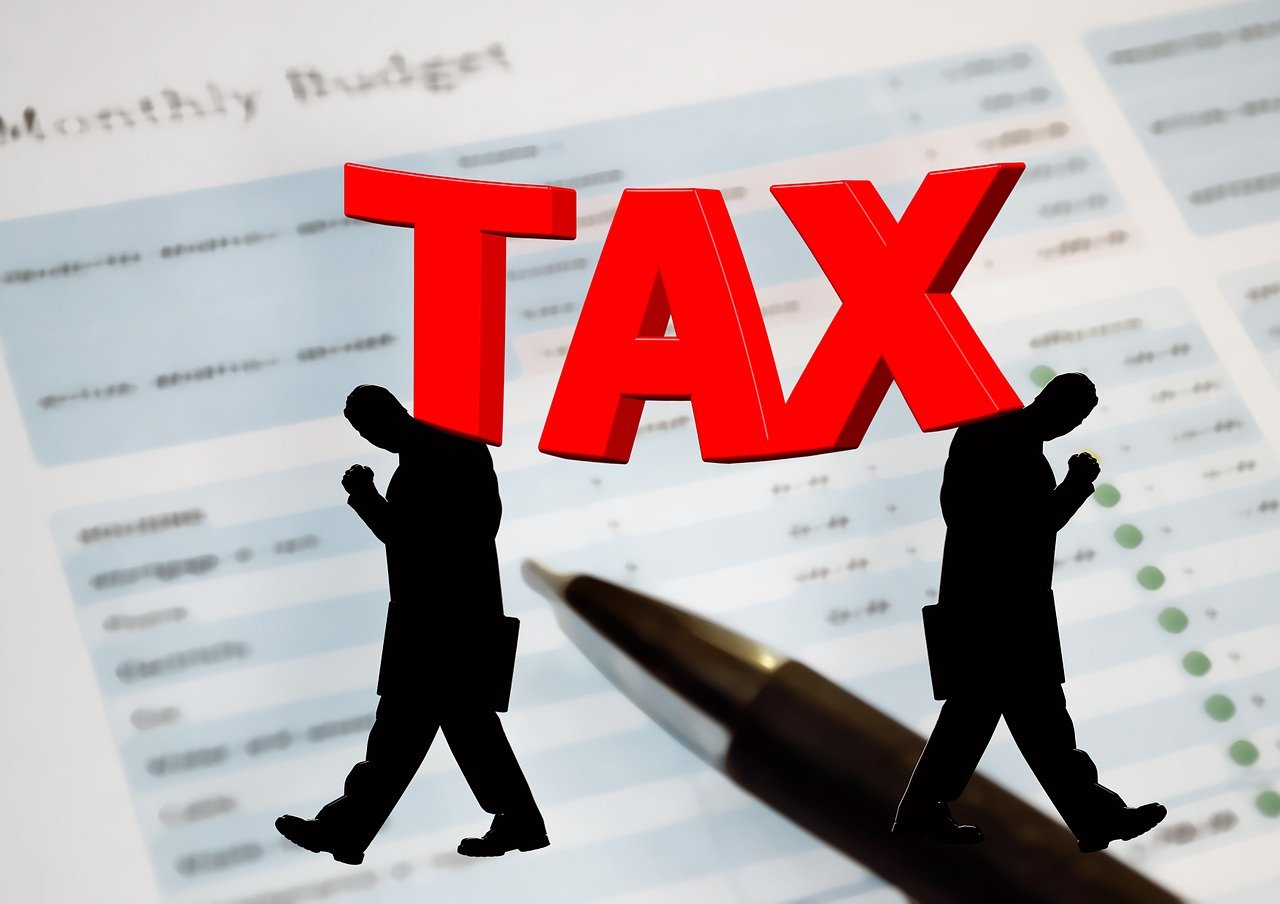The UK tax year, often referred to as the financial year, starts on the 6th April and ends on the 5th April the following year. The end of the tax year is an important deadline for all taxpayers, marking the cutoff for various tax-related relief, payments, and actions. This includes the resetting of tax allowances, deductions, and credits for the upcoming tax year.
Personal finance experts, Wealth of Geeks, have revealed the five things you should do at the end of the tax year to maximise your money in the long run.
1 – Claim for a tax rebate if you have overpaid
If you know you have overpaid tax, claiming as soon as possible means you can get back the money you’re owed quicker. You can check this using your online HMRC personal tax account, which will show any over or under payments, as well as other tax information. The end of the tax year and the beginning of the new one is a busy period for tax authorities and by submitting your claim before this rush, you can avoid processing delays and receive your rebate sooner.
If your claim for a tax rebate is due to a mistake or discrepancy in your tax record, resolving this before the tax year ends can ensure that your records are accurate going forward, potentially preventing further issues.
2 – Utilise your Capital Gains Tax Allowance
Capital Gains Tax (CGT) allowance is the maximum tax-free amount you can earn from the sale of assets like property, shares, or personal possessions. For the 2023/2024 tax year, this allowance is set at £6,000.
The total amount contributed cannot exceed the annual limit and your unused allowance does not roll over to the next year. Considering that the allowance will be decreasing to £3,000 in the new tax year, it is essential to make the most of your allowance if you have any capital gains which could be realised before the end of the current financial year.
3 – Take advantage of your ISA allowance
Individual Savings Accounts (ISAs) offer a tax-efficient way to save or invest money. The key feature of ISAs is that any returns on your savings or investments, such as interest, dividends, or capital gains, are free from UK tax. Each tax year, you have an ISA allowance, which for 2023/2024, is £20,000.
This can be spread across different types of ISAs, including Cash ISAs, Stocks and Shares ISAs, and Lifetime ISAs. Similarly to the CGT allowance, the ISA allowance can’t be carried over to the next financial year. To maximise your potential earnings before the end of the tax year, it is crucial to use up your ISA allowance if you can.
4 – Use up your yearly gifting exemptions
Anyone in the UK can use tax gifting exemptions to give money or gifts. These exemptions are designed to allow you to share your wealth with family and friends, without them having to pay inheritance tax on these gifts when you pass away.
Your annual gift exemption is £3,000, not including your small gifts allowance of £250 per person. Unlike other allowances, you can carry your gifting exemptions forward to the next financial year, however, this can only be done for one tax year, meaning that you should use it up if you can.
5 – Consider your dividend allowance
If you have invested assets, you can maximise your tax-free income by using up your dividend allowance. This is a tax-efficient feature for investors, which allows them to earn a certain amount of dividend income each year without having to pay any tax on it.
This allowance is particularly beneficial for those who receive dividends from shares in companies. Until the end of the tax year, the allowance amount is £1,000, which will be decreasing to £500 from the 5th April.
Michael Dinich, a spokesperson for Wealth of Geeks, commented:
“The end of the financial year is a crucial time for taxpayers in the UK. Using this window to use up your tax allowances is a smart way of setting yourself up for the future, as it allows you to maximise your savings.
“This is also a good time to prepare for the next financial year. You can take control of your finances by reviewing your previous year’s financial performance and set new goals. It is also important to reassess your budget to accommodate any changes in income or expenses.”
This information was provided by Wealth of Geeks, experts in personal finance.

